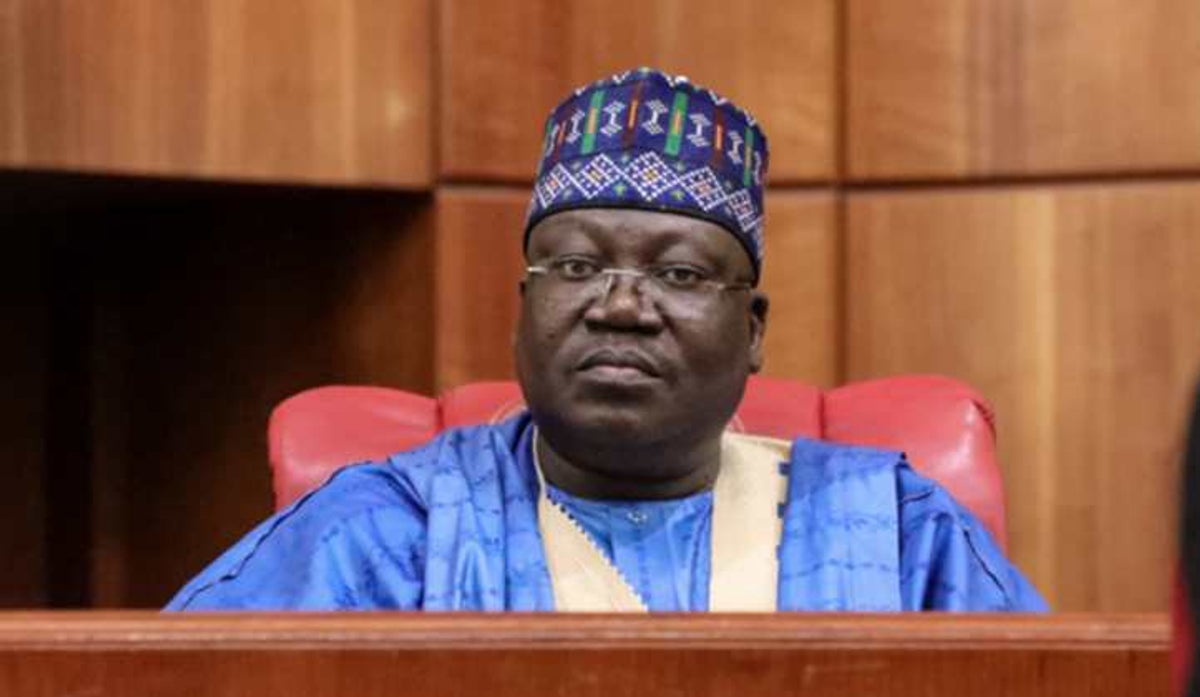
Senate President, Ahmad Lawan, has disclosed what the National Assembly did to get the much awaited Petroleum Industry Bill, PIB, passed and signed into law by President Muhammadu Buhari on Monday.
Lawan narrated the strategy adopted by the ninth Assembly while answering questions from journalists shortly after a brief ceremony at the Presidential Villa where the President announced the setting up of an implementation Committee for the new law.
The Senate President, in a statement by his Media Adviser, Media, Ola Awoniyi said: “Everyone knows that the Petroleum Industry Bill suffered a lot of hiccups in the National Assembly previously but when we came in in 2019, both Chambers identified the passage of the PIB as one very strong, fundamental, critical and strategic bill that we must pass within the life cycle of this ninth National Assembly.
“And by the Grace of God we redefined the way to go about it because we would have learned from the mistakes of the past on the issue. And what we emphasised and that worked for us to achieve what we did was to ensure that we work very closely with the executive arm of government right from the conception of the bill itself.
“So our oil and gas related committees started working with agencies of government that handle the oil and gas industry. And we had this interaction continuously up to the point that the bill was finally presented to the National Assembly.
“Members of the National Assembly had taken the passage of this bill to be one legacy this Ninth National Assembly should leave by the time we complete our tenure.
“We want to make it very clear that everybody in the National Assembly, in both the Senate and the House of Representatives from all parts of Nigeria worked for the bill to be passed.
“The debates were, of course, very lively and sometime even very difficult ones but that was to show emotive attachment that everybody had for the Bill to be passed. And we have passed the Bill by the Grace of God.
“This is one Bill that will benefit Nigeria as a country and benefit its people. Benefit Nigeria as a country in such a way that, like the President just said, this is going to give certainty, create the legal framework that people, especially the investors, had feared that was absent or not adequate. And that certainty will make it possible to have foreign direct investment particularly coming into the oil industry.
“Secondly, we will have much more revenues coming into our country, into our coffers. So our States will have more revenues. Our local government will have more funds. And of course what they expect is that these revenues should translate into actionable projects that will make life better for Nigerians.”

